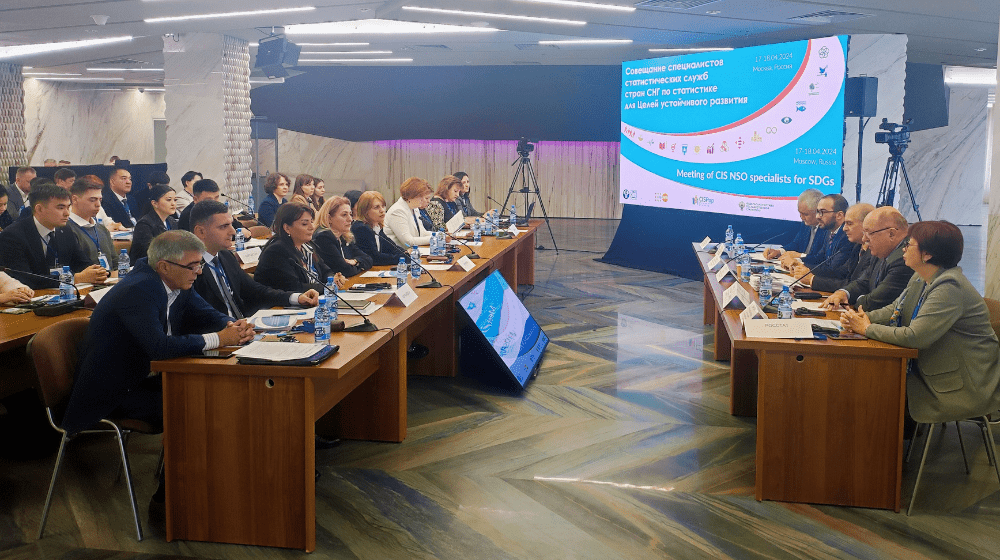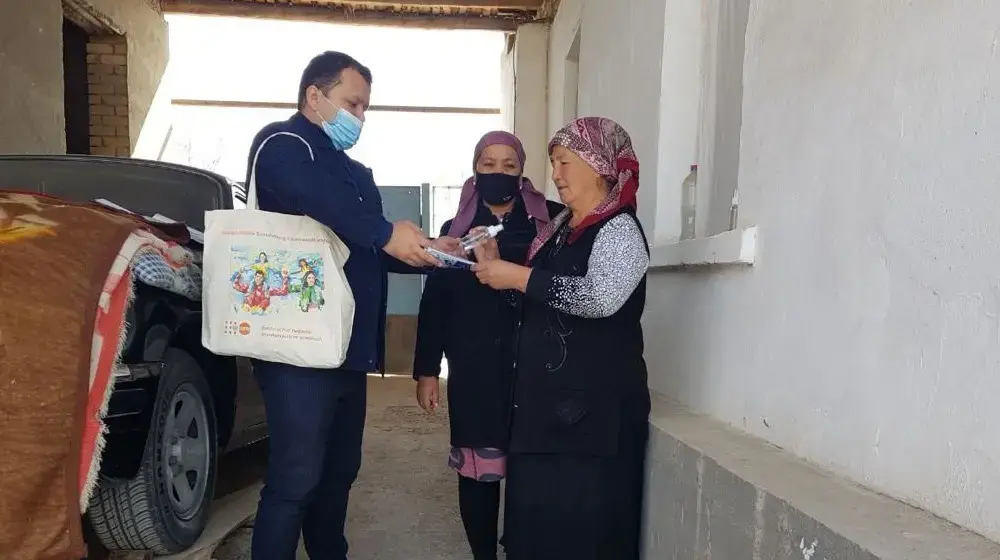Accurate and timely data is a cornerstone in the global pursuit of the Sustainable Development Goals (SDGs). More than a third of the 230 SDG indicators rely on population data collected through censuses.
However, not all countries and agencies collect and analyze this data in the same way. That’s why a guide was developed, within the framework of the CISPop project, to support national statistical offices in the CIS region to use the same methodology for measuring their SDG progress with census data.
Population and housing surveys provide vital information about demographic, social and economic trends broken down according to age, sex, area of residence, wealth, ethnicity, disability and migration statuses. By applying the CISPop methodological guidebook to this data, the countries of the CIS region can gain crucial insights into the progress made on key SDG indicators. For example, Belarus’ latest census in 2019 measured participation rates in formal and non-formal education and training. That can now provide a baseline for Belarus to track its progress on SDG 4 – Ensuring inclusive and equitable quality education and promoting lifelong learning opportunities for all.
In April 2024, during the SDG Technical Meeting organized by the CIS Interstate Statistical Committee, UNFPA and the Eurasian Economic Commission in Moscow, countries participating in the CISPop programme came together to share their experiences, best practices and valuable lessons in measuring SDG progress. “The meeting was truly enlightening, particularly witnessing the diverse approaches of my colleagues from the CIS region employing innovative solutions for data collection and storage,” said Hasmik Soghomonyan, a senior specialist with the Statistical Committee of Armenia.
The CISPop methodological guidebook will serve as a valuable tool for enhancing data-driven decision-making processes and fostering deeper insight into national and regional development.





